Why Choose Yashoda Hospitals for Biliopancreatic Diversion With Duodenal Switch BPD/DS Surgery?
Yashoda Hospitals offers advanced biliopancreatic diversion with duodenal switch for obese patients with personalized care and cutting-edge techniques.
01.
Best Bariatric Hospital
Yashoda Hospitals is recognized as the Best Hospital For Biliopancreatic Diversion With Duodenal Switch Procedure in Hyderabad, offering exceptional bariatric services.
02.
Expert Surgical Team
Our highly experienced surgeons specialize in performing advanced duodenal switch surgery, ensuring optimal outcomes for all patients.
03.
Cutting-edge Facilities
Equipped with state-of-the-art technology and advanced medical equipment, our facility provides the perfect setting for precise and accurate biliopancreatic diversion procedures.
04.
Dedicated Surgical Care
Our dedicated surgical team is committed to guiding you through every step of your duodenal switch surgery.
Biliopancreatic Diversion With Duodenal Switch Procedure Overview:
Biliopancreatic diversion with duodenal switch (BPD/DS) is a weight-loss procedure involving two steps: sleeve gastrectomy removes 80% of the stomach, while the second step bypasses most of the intestine. This surgery reduces the risk of life-threatening health issues like heart disease, high blood pressure, diabetes, and infertility.
BPD-DS procedure limits dietary intake and reduces nutrient absorption. It is typically performed as a single procedure, but in select cases, it may be performed as two separate operations: sleeve gastrectomy followed by the intestinal bypass. This BPD-DS surgery is recommended for individuals with a BMI greater than 50. BPD/DS can be done with laparoscopic or standard open surgery. Open surgery involves an abdominal incision, while laparoscopic biliopancreatic diversion with duodenal switch surgery uses smaller incisions and a lighted camera. Laparoscopic surgery can speed up healing and reduce infection and hernia risk. Some bariatric surgeons use a laparoscopic surgical robot for certain aspects of the procedure.
| Procedure Name | Biliopancreatic Diversion With Duodenal Switch BPD/DS Surgery |
|---|---|
| Type of Surgery | Open or laparoscopic |
| Type of Anesthesia | General Anesthesia |
| Procedure Duration | 2 to 4 hours |
| Recovery Duration | Few weeks to few months |
Biliopancreatic Diversion With Duodenal Switch BPD/DS Surgery: Pre-Op & Post-Op Care
Preparation: The surgeon screens candidates for surgery, including medical testing, drug screening, psychological counseling, weight loss attempts, and attending a bariatric surgery seminar. After meeting these criteria, a preoperative diet is prescribed to ensure safety and prepare for the procedure.
During the procedure: After the administration of the anesthesia, a BPD/DS surgery involves removing a portion of the stomach and forming a narrow sleeve, leaving the pyloric valve intact. The surgeon then bypasses a large segment of the small intestine, which takes a few hours. Post-surgery, patients are monitored for complications.
After the procedure: After undergoing a BPD/DS procedure, the patient will be monitored in a recovery room before transitioning to a diet plan progressing from liquids to pureed foods. Vitamin and mineral supplements may be prescribed to prevent micronutrient deficiency. Regular medical checkups and laboratory testing may be required in the initial months to monitor the patient’s health.
Recovery from BPD-DS surgery: During recovery, patients typically spend a few days in the hospital and a few weeks at home before returning to work. During this time, the body undergoes significant changes, including fast weight reduction, and may experience transient symptoms.
Post-procedure care: Post-surgery care includes-
• Taking a clear liquid, full liquid, and soft diet for the initial weeks as advised
• Avoiding strenuous activity or lifting heavy objects for at least 6 weeks as instructed
• Taking pain medication as prescribed by the doctor
• Keeping incisions clean and dry
• Attending follow-up appointments for progress monitoring
• Avoiding fatty foods
• Taking vitamin and mineral supplements as prescribed
Benefits of Biliopancreatic Diversion With Duodenal Switch BPD/DS Surgery at Yashoda Hospitals
- Highest Success Rate
- Significant Weight Loss
- Long-Term Improvements
- Minimally Invasive
- Longer Life With Reduced Risk
- Enhanced Appearance
- Minimal Hospitalisations
- No Blood Loss







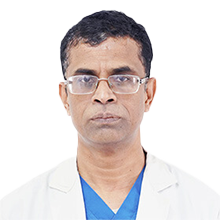
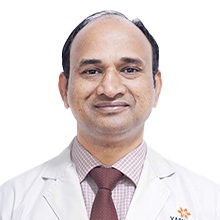
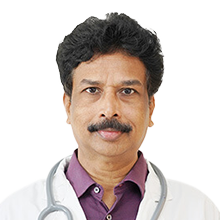
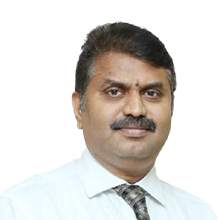
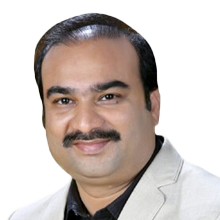
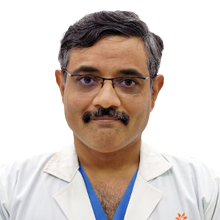
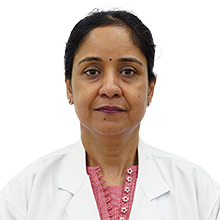












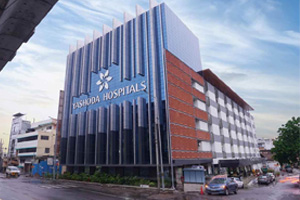
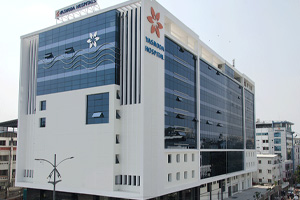
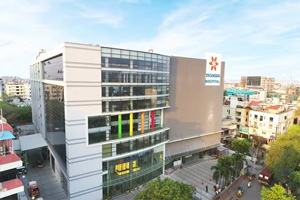
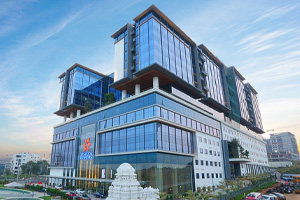
 Appointment
Appointment WhatsApp
WhatsApp Call
Call More
More

